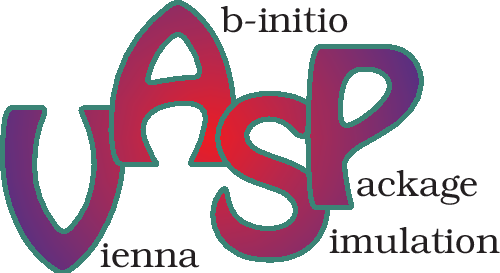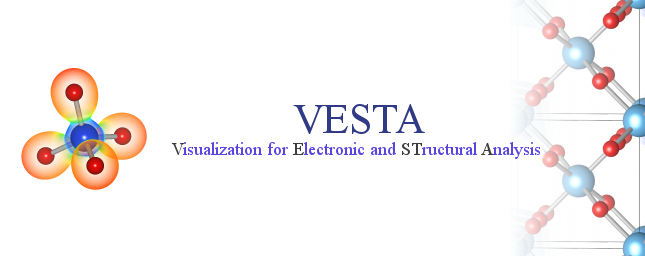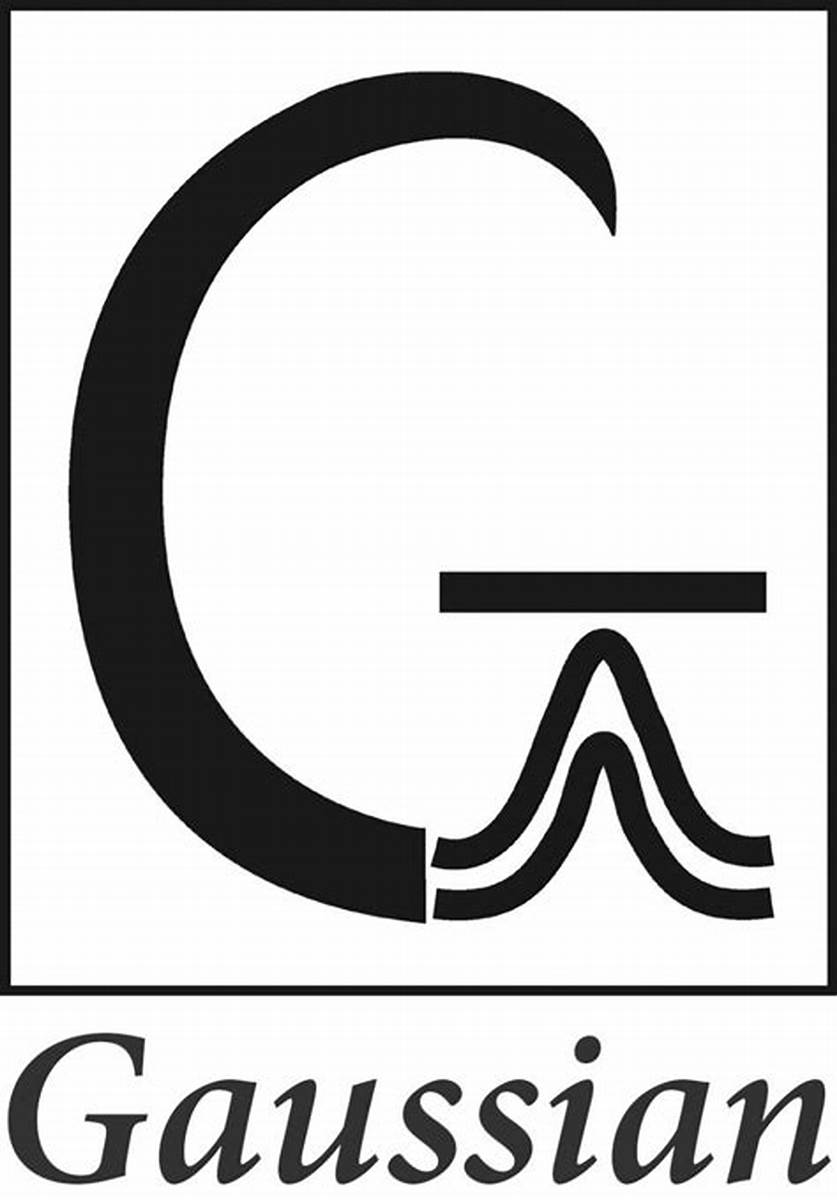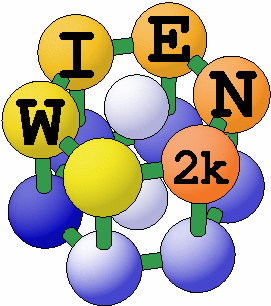Methodology
Five main methods are used and/or developed
- First-principles Calculation
- Ab initio Kinetics
- Machine Learning and Big-data
- Molecular Dynamics Based on Neural Network Potential
- Growth Kinetics of Nanocatalysts
The first-principles calculation represented by density functional theory is one of the most important tools for handling the atomic and molecular-level catalytic reactions at the quantum mechanics level. Although facing many challenges, first-principles calculations are still indispensable for understanding the nature of chemical reactions. A new trend is how to automatically locate key transition states accurately for a reaction containing multiple elementary reaction steps. The dynamic nature of catalytically active sites further increases the complexity due to the interweaving of reactants and support.
Due to the statistical nature of catalytic reactions involving multiple reaction sites and numerous catalytic reaction intermediates and elementary reaction processes, reaction kinetic analysis is a powerful tool beyond qualitative discussions based on first-principles energetics.
Millions of theoretical and experimental data have been published before, and some have been collated into major global databases. It is essential to scientific discovery the new physics behind the data and reveal the laws. Based on large-scale parallel computing, the fourth paradigm driven by machine learning and big data analysis is used as a method for automatic exploration and even analysis of complex high-dimensional feature spaces. It is rapidly changing the research strategy in establishing the structure-activity relationship and design better catalysts.
The contradiction in the complexity of catalytic system and computational efficiency has significantly restricted researchers to explore the structure evolution in the realistic catalytic process. Although empirical force field methods, such as embedded atomic potentials and reactive force field interatomic potentials, can perform simulations at large spaces and long time scales, their accuracy is still insufficient. However, molecular dynamics simulation based on the Neural Network potentials can better balance the contradiction between space-time scale and calculation efficiency.
To understand the nanoparticles growth kinetics under reaction conditions, we establish a unified kinetic theory framework and tools to describe the decomposition, ripening and migration agglomeration processes of nano-catalysts.




















